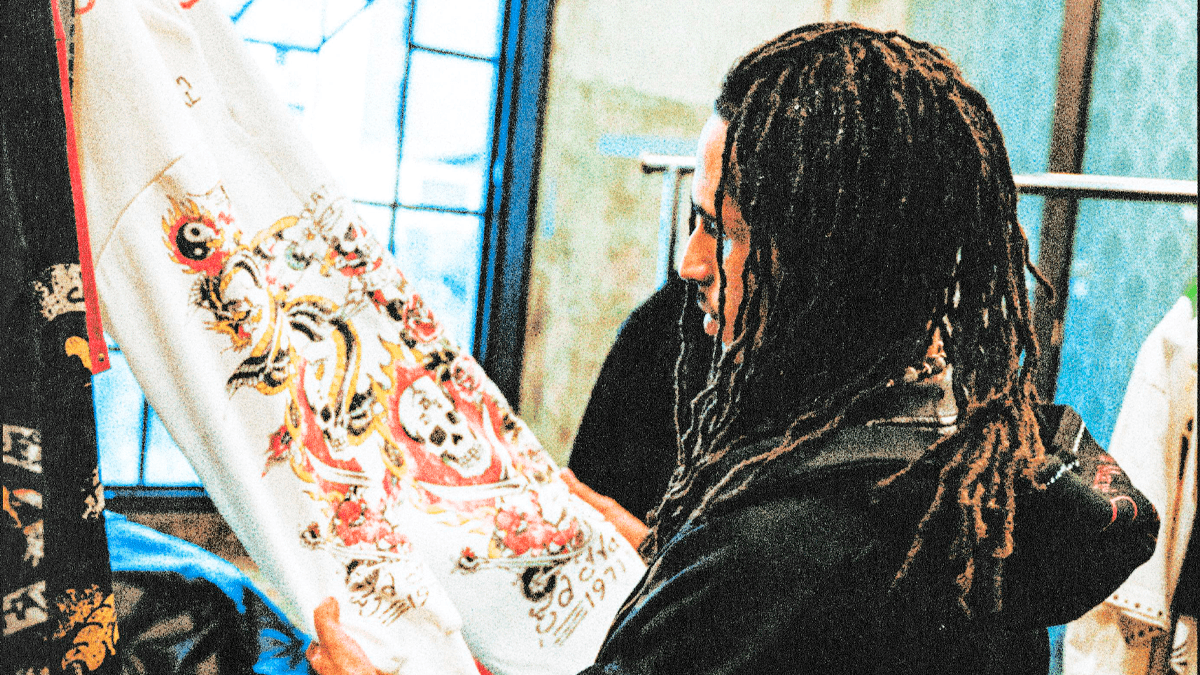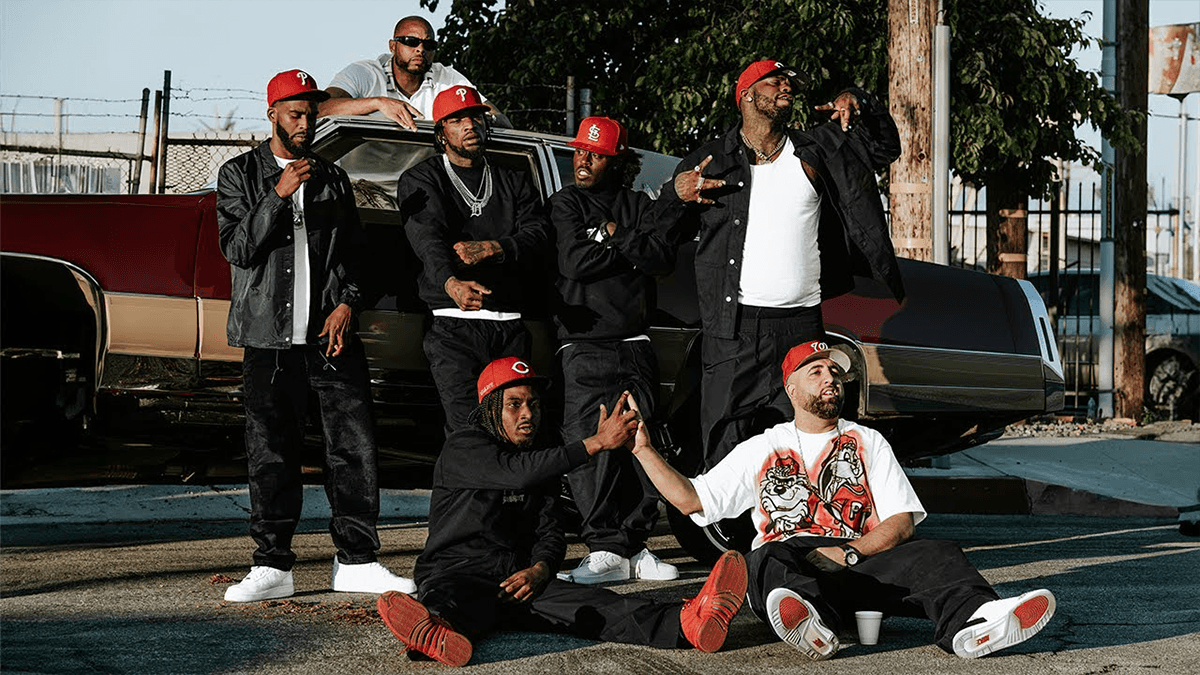What can your vote do for culture?
If you are reading this, you probably enjoy music, movies, art, parties, dances, religiosity, beliefs, legends and myths, architecture, handicrafts, typical foods, and various other artistic and cultural expressions. And since we are in yet another election year, this time municipal, we want to talk about how politics, and especially your vote, can influence the appreciation of our art and our rich and diverse culture.
UNESCO (United Nations Educational, Scientific and Cultural Organization) provided the following definition of culture:
The integral complex of distinct spiritual, material, intellectual, and emotional traits that characterize a society or social group. It includes not only the arts and letters but also ways of life, fundamental human rights, value systems, traditions, and beliefs.
In other words, it is what makes us human, representing who we are and where we come from. And because of its role of representativeness and inclusion, it is so important.

Today we live at a frantic pace, encouraged to work on a large scale and always chasing something, whether for the sake of success or to survive. Therefore, when everyday concerns take up a good portion of our time, what helps us to distract, to have fun, to gain new perceptions, new knowledge, to belong and lead a calmer life is the universe of experiences and liveliness that culture brings us.
Health, education, and safety are clear pillars for quality of life, but culture, with all its aspects, is a pillar as important as the others and is also a right (foreseen in the Federal Constitution, Art. 215) that we all have and that deserves to be claimed.
However, regarding one of the most unequal countries in the world, it is evident that in addition to valuing our culture and our art, we must seek to ensure maximum accessibility and democratization possible, so that everyone can have the pleasure of enjoying and benefiting from it, without making it a privilege for a few.

Because who among us does not enjoy a show? Who does not like to go to the movies? To stick around at parties, festivals, a dance? To see a cool photo in an exhibit, a fair, a museum? To read a good book or hear a poetry? Surely you know how cool that is, and that’s why everyone deserves to have these moments.
But according to IBGE, the richest cities in the country account for about 40% of all cultural consumption, and 72.3% of Brazilian municipalities do not have any type of exhibition. Thus, this lack of incentive generates disinterest and further reinforces this inequality, where only 13% of Brazilians go to the cinema at least once a year, 78% have never watched a dance performance, and 73% of books are concentrated in the hands of only 16% of the population.
Apart from the individual and collective experience of culture, it brings us an extremely important aspect, which is job and income generation. According to a study by the Federation of Industries of Rio de Janeiro (FIRJAN), cultural and creative activities generate 2.64% of Brazilian GDP and are responsible for over a million direct formal jobs. So valuing our culture is also valuing our work.

And how do candidates enter this story? What can they do?
Well, first let's briefly clarify the role of each one. Starting with councilors, their role is to represent the population, their needs, and interests. For this, the councilor is responsible for creating, extinguishing, and amending laws in the way they deem most appropriate to the public interest, in addition to also overseeing the actions of the mayor themselves.
The elected mayor or mayor has the duty to manage the municipality’s resources, determine where to invest their budget, plus sanction or veto laws and even propose projects for approval by the municipal chamber.
Together, they can then:
create laws that encourage investment in culture;
create programs for local access and appreciation
create spaces and infrastructure for cultural initiatives and actions,
in addition to creating and promoting funds dedicated to these investments.
The most important thing is to ensure that all this planning generates accessibility for everyone in the city, identifying and valuing the culture of each region. So there’s no talk of "bringing culture" to the periphery or the interior of the country. Every neighborhood, every community, every city already has its own culture, its own history, its own art.
What our "dear" politicians can (and should) do is create a conducive environment for consuming the diverse aspects of culture. And in this sense, creativity is what must not be lacking, because there are endless possibilities for encouraging and valuing the culture of a place; you just have to want it.
And we, as citizens, can contribute to this by using our voting power, electing politicians who are committed to the common good of all and have real proposals to achieve this. So take the time to Google your candidate and check what they plan to achieve if elected, then just hold them accountable to fulfill their famous election promises.
See others like this




